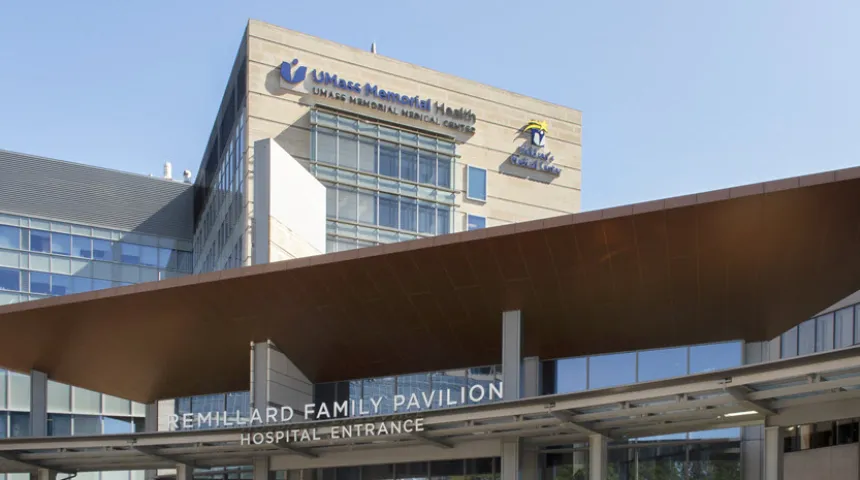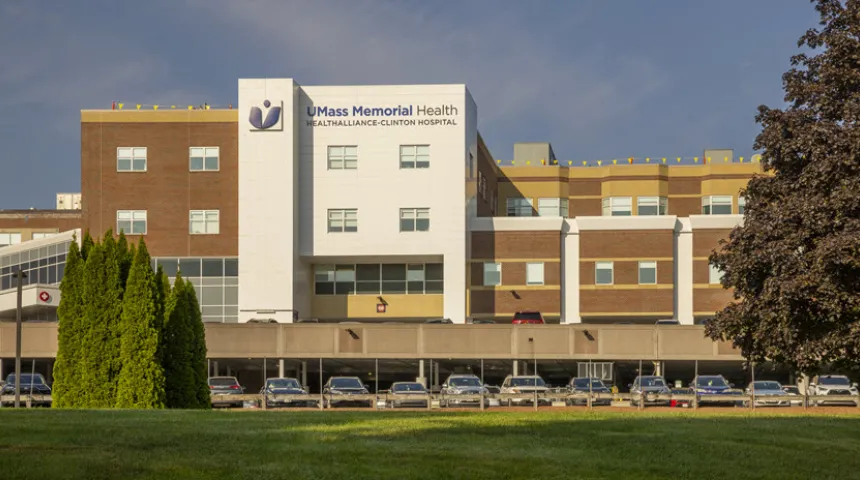Diabetes Education and Nutrition Program
Our certified diabetes care and education specialists help you take control of diabetes and build healthier habits.
Why Choose Us for Diabetes Education?
Trusted Expertise
Experienced diabetes educators, registered nurses and dietitians lead our ADA-accredited diabetes education programs. We follow the latest evidence-based guidelines for diabetes care to help you achieve a better quality of life.
Coordinated Care
You may need specialized treatment for conditions related to diabetes, such as kidney disease, eye disease or foot problems. At Diabetes Center of Excellence, you’ll find all the services you need. Your diabetes education team or primary care provider can refer you to the appropriate experts.
Specialized Diabetes Care in Central Massachusetts and Beyond
Our diabetes education programs are available at UMass Memorial Medical Center in Worcester, UMass Memorial Health – Harrington Hospital in Southbridge and UMass Memorial Health – HealthAlliance-Clinton Hospital in Leominster.
Our Diabetes Locations

UMass Memorial Medical Center - University Campus
55 Lake Avenue North,
Worcester, MA 01655

HealthAlliance-Clinton Hospital - Leominster Campus
60 Hospital Road,
Leominster, MA 01453

Harrington at Sturbridge
198 Charlton Road,
Sturbridge, MA 10566


Milford Regional Diabetes Education
12 Uxbridge Road,
First floor ,
Mendon, MA 01756

HealthAlliance-Clinton Hospital - Leominster Campus Medical Office Building
50 Memorial Drive,
Leominster, MA 01453
Get Started
Call 855-UMASS-MD (855-862-7763) or request an appointment with a diabetes specialist.

